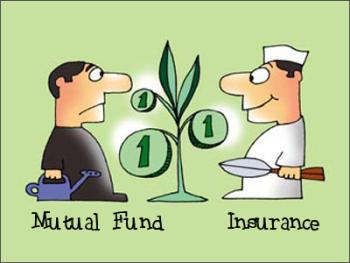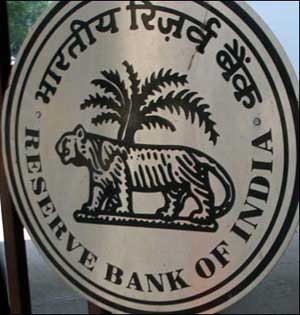 | « Back to article | Print this article |
Top 10 personal finance news in 2010
2010 was indeed an eventful year from the personal finance perspective. The year had its share of controversies, forward looking policies as well ones which will pinch your pocket more in days to come.
Here is a look at top 10 news items from InvestmentYogi (in no particular order).
1) ULIP makeover
The controversial spate between the Insurance Regulatory and Development Authority and Securities Exchange Board of India over regulatory oversight and agent commissions has made the insurance regulator come out with a series of changes in the ULIP structure, that have been put into effect from September 1, 2010.
Here are the new ULIP changes, intended to address the issues plaguing investors for a fair number of years.
Also read: Will buying ULIPs earn higher returns now?
2) New income tax slabs
In 2010 annual budget, the government has brought about relief for the common man by widening the tax slabs.
Here is a look at the new income tax slabs and also 5 easy ways to calculate your tax liability.
Also read: Understanding taxes: What is your tax slab?
3) Investment limit in IPO increased
Stock market has been on a high this year with the IPO season not far behind. The big guns from the public sector made their presence felt in the stock markets starting with the listing of Coal India, Manganese Ore India and the follow on offers (FPOs) of Power Grid and SCIL.
Parallel to this, SEBI's recent directive to increase the investment limit for retail investors to Rs 2 lakh (from the erstwhile Rs 1 lakh) and introduction of ASBA facility has attracted a lot of retail investors into the primary market.
While one must appreciate SEBI for its continuing effort to encourage retail participation, IPO investing could be a risky proposition for a retail investor.
Also read: Earn interest income while you invest in IPOs
4) Section 80CCF
This financial year 2010-11, tax payers have been blessed with a new income tax deduction in the form of section 80CCF, which allows tax deduction of up to Rs 20,000 apart from the regular section 80C and the like.
Click here to read more about...
Who is eligible for this additional deduction?
What are the investment options available?
What would the returns be like and their tax implications? Check it out here.
Also read: Eight simple ways to plan your taxes
5) Reintroduced KYC guidelines
Beginning from January 1, 2011, know-your-customer (KYC) norms will be mandatory for all retail investors -- existing and new (including NRIs and non-individuals), irrespective of the amount you are investing.
What is KYC, how to be KYC compliant verify your KYC status online with a click of a button? Know all here.
6) BPLR to base rate
The Reserve Bank of India (RBI) replaced the benchmark prime lending rate (BPLR) system with the base rate system.
Under the BPLR, banks used to illogically charge their existing and new customers at different rates. Now, banks with lower base rates would be preferred by borrowers.
What does this mean for borrowers?
7) Now, invest in Silver (the electronic way)
Investing in silver electronically (through ETFs) had not been possible in India till 2010. After the success of e-Gold, National Spot Exchange Ltd (NSEL) has launched e-Silver, the second in the e-series products designed to promote savings and investment by small investors.
Now, whether you are based in Mumbai or Sikkim, you can buy silver at the same price.
8) Service tax on new home purchases
Investments in real estate has just got more expensive! Since April 2010, an additional amount in the form of service tax is being collected from buyers on under-construction properties.
So what is this service tax? And how much do the home buyers actually need to pay for?
Here's the applicability and impact of this new tax being levied on property buyers.
Also read: Buying a new home? Two most important things to do
9) More interest for savings account
The money lying in your savings bank account will work better for you from 2010. The RBI has issued an announcement to change the terms of interest calculation for savings bank account deposits, effective April 1, 2010.
The new method of calculation is a paradigm shift from the conservative method of calculation, thereby offering the depositor almost twice the amount of interest.
10) Gold prices skyrocket
Global prices of gold have been steadily going upwards since last decade. The demand seems to be growing from the fear of inflation. Should you invest in gold under the current market scenario?
Also read: Now, a novel way to buy and sell gold










